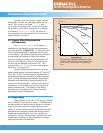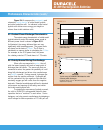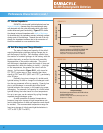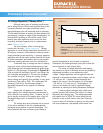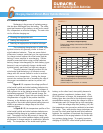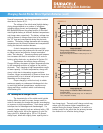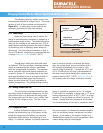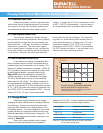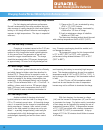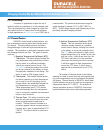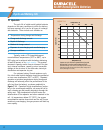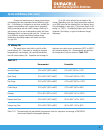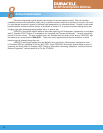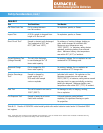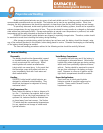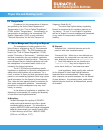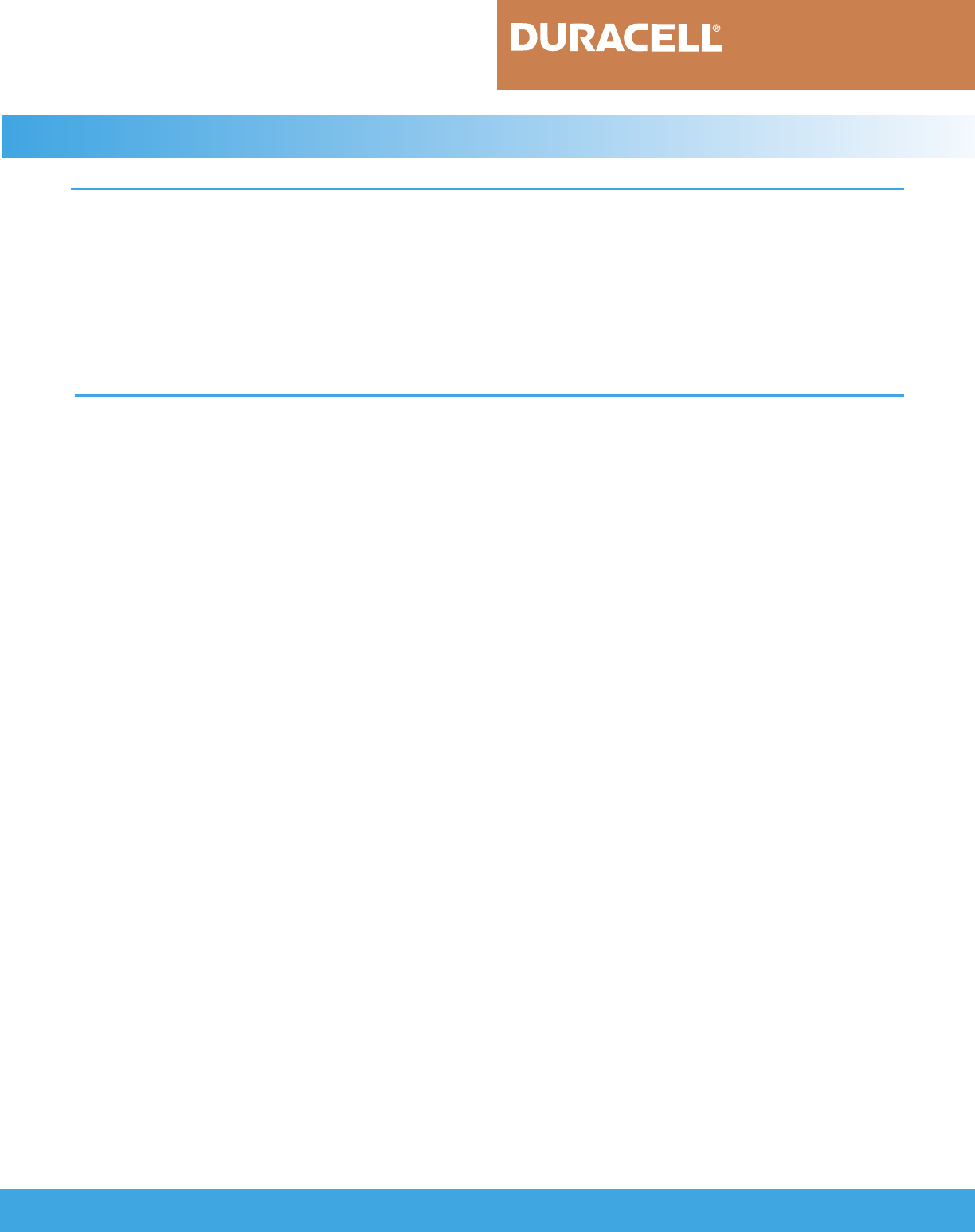
22
Ni-MH Rechargeable Batteries
9.3 Waste Management: Recycling and Disposal
9.2 Transportation
Procedures for the transportation of batteries
are specified by the United States Department of
Transportation in the “Code of Federal Regulations,”
CFR49, entitled “Transportation.” Internationally, air
transportation is specified by the International Civil
Aviation Organization (ICAO) in their publication
“Technical Instructions for the Safe Transport of
Dangerous Goods By Air.”
The nickel-metal hydride battery supplied by
Duracell is recognized by the regulatory agencies as a
“dry battery.” As such, it is not subject to regulation
and can be shipped in normal packaging and transported
on any mode of transportation without special
handling.
The management of waste products in the
United States is regulated by the U.S. Environmental
Protection Agency (EPA). The EPA Regulations are
listed in the “Code of Federal Regulations”, CFR40,
entitled “Protection of Environment.” Individual states
and local communities also may establish regulations
covering the disposal of waste products. These may be
more stringent than the federal regulations and cover
the management of household waste, which is not
included in the federal regulations.
The U.S. EPA has not provided any specific
regulations or guidelines for the waste management of
sealed nickel-metal hydride cells or batteries. As a
result, a number of states and local governments have
passed or are considering legislation which may require
special procedures for the disposal of these batteries.
Thus, state and local agencies should be contacted for
their waste management guidelines. Internationally,
procedures for waste management may vary from
country to country.
In the absence of regulations or guidelines, the
following is recommended for recycling and disposing
of used nickel-metal hydride batteries:
A) Recycling;
Duracell encourages the recycling of DURACELL
nickel-metal hydride batteries and offers a special
worldwide recycling program. For information on
recycling DURACELL nickel-metal hydride rechargeable
batteries, please contact your nearest Duracell office.
In North America, call toll-free 1-800-551-2355
(9:00 a.m. to 5:00 p.m. E.S.T.).
B) Disposal:
Household Use
– Individual batteries can be dis-
posed of with other household wastes.
Commercial Use
– When ten or more batteries are
accumulated, the commercial user may want to con-
sider disposing the batteries in a secure waste land-
fill. Since these batteries are not classified as a
“hazardous waste,” they can be shipped to the
secure waste facility as “non-hazardous waste.”
Local regulations, which specify other methods
for the disposal of nickel-metal hydride batteries,
supersede these recommendations. Waste manage-
ment companies can provide assistance for the disposal
of these batteries. As previously stated, nickel-metal
hydride batteries should not be disassembled, opened
or shredded.
Proper Use and Handling (cont.)



